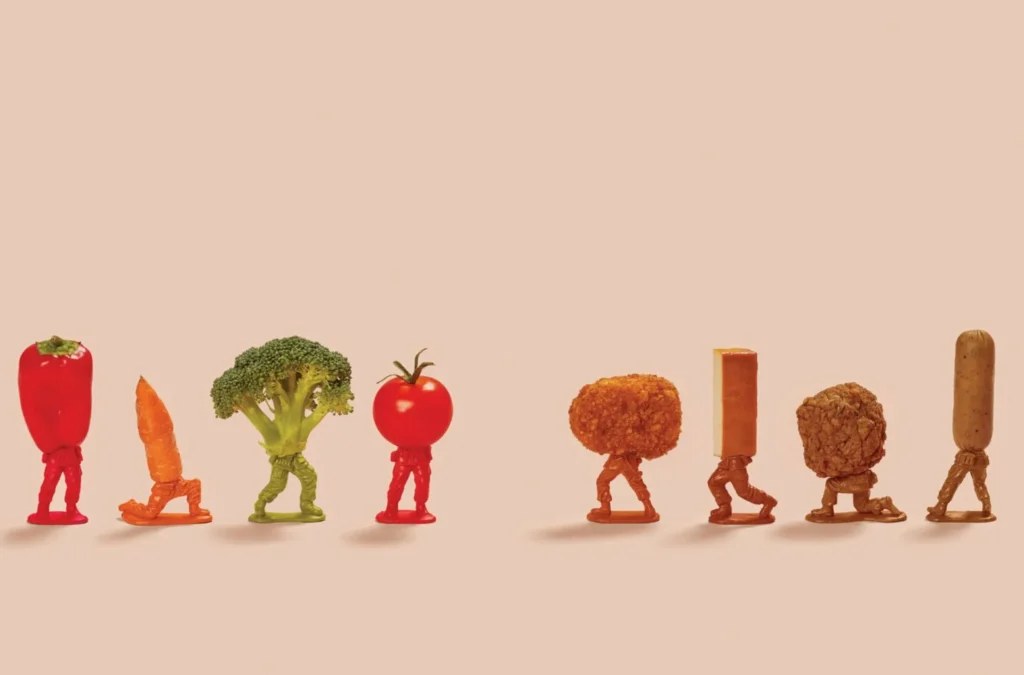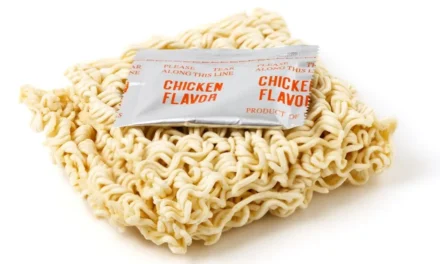
Have you ever wondered, “is it haram to be vegan?” With the rise of plant-based diets across the world, it’s only natural to be curious about how compatible Islamic dietary laws and veganism can be. Well, worry not – this beginner’s guide is here to answer any questions you may have about how the dietary laws work, whether veganism can ever be haram, and everything in-between – containing all the info you need to stay informed.
What is the purpose of this guide?
According to the most recent research from The Vegan Society, there are around 600,000 vegans in the UK – a huge jump from its early beginnings back in 1944. With so many people now keeping to a plant-based diet, it’s no surprise that some of that number will be Muslims. The crucial question is whether or not veganism is compatible with Islam. And that’s what this guide will primarily focus on.
Why does haram and veganism matter?
Before we explore the compatibility of veganism and Islamic dietary laws, its essential we understand why it is important.
Not only do millions of Muslims around the globe eat meat on a daily basis, but the link between Muslims and meat only becomes more entwined during the Islamic festival of Eid al-Adha. This religious holiday celebrates a strength of faith by the prophet Abraham in being willing to sacrifice his son for God – now represented by the slaughtering and eating of animals like a goat or sheep. So, it’s easy to see how something as simple as veganism can become more complicated when placed in this context.
Getting Started
Similar to other religions, Islam has a set of dietary laws for members of their faith to follow. Simply put, food and drink in Islam are divided into Haram (forbidden) and Halal (allowed). This guides not only what they eat, but also how it is prepared – which is where the questions about compatibility with veganism come in.
Step 1: Understanding the concept of halal and haram
So, how exactly do Islam’s dietary laws work in practice? According to the Quran, Muslims can eat food and drink that is wholesome and nourishing. Which generally means that anything is halal unless it has been specifically declared haram (and even then, there are exceptions for life threatening circumstances)
Haram food and drinks tend to commonly include pork products, blood, alcohol, and animals killed in certain ways. Given that, you would assume that it is not haram to be vegan, but you may be surprised by the answer.
Step 2: Is veganism haram?
In truth, like so many other things – whether veganism is haram tends to come down to opinion. Compassion to animals and the environment is central to both, with a strong sense of ethical care. That means rejecting animal cruelty and promoting compassion. However, conflict arises when many Muslims believe that non-haram food and drink are sustenance and blessings from God – and that refusing some of them is disrespectful.
As young Muslim vegan blogger, Aiysha Younas, put it: “Someone would always bring up that I am disrespecting God by ignoring the blessings he bestowed upon us. They would tell me that by not eating meat, I am not truly following my religion.”
Step 3: Considerations for following a vegan diet
For vegans that do choose to interpret Islamic dietary laws positively, where halal simply demands a moderate, healthy and environmentally-conscious diet – then there are plenty of foods to enjoy.
Traditionally, however, many cultural dishes are made with a lot of meat and dairy – whether that’s rice pudding, lamb samosas or chicken curry. With large family dynamics common too, following a vegan diet can often be made easier or more difficult depending on the willingness to adjust these recipes to be suitable for everyone.
Can a vegan diet be halal?
As we have already discussed, halal simply means food and drink which is ‘good’. So, by sticking to an ethical and environmentally friendly vegan diet, it could easily be considered halal.
Can a vegan diet be haram?
On the other hand, a vegan diet could also be thought of as haram if taking a more religiously sensitive angle, as some foods provided by God are seemingly rejected. In many ways, it comes down to the level of interpretation for religious meaning within Islam.
As we can see, the question of “is it haram to be vegan?” is as varied and complicated as Islam itself, with ranging opinions on each side. But even if a definitive answer isn’t possible, it’s essential that you understand both halves of the argument for yourself. By understanding Islamic dietary laws, diet and your own interpretation of both – you’ll be able to make an informed decision.
Ready to find out more about vegan issues and how they could affect your diet? Check out the rest of our beginner’s guides to stay up to date.





